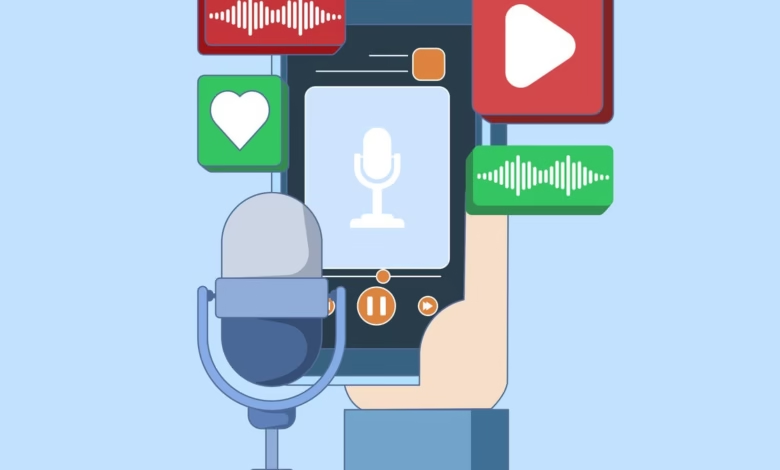ChatGPT Can Summarize Meetings: How & Who Can Use It

▼ Summary
– OpenAI introduced Record mode for ChatGPT Pro, Enterprise, and Edu users, enabling audio recording and transcription via a button press.
– Record mode converts audio into summarized transcripts, which can be edited or transformed into outputs like emails or code.
– Consent laws for recording vary by location, with some states requiring one-party consent and others requiring two-party consent.
– Record mode supports up to two hours of recording, works best in English, and deletes audio files after transcription.
– Transcripts may be used for model training unless the “Improve the model for everyone” feature is disabled in settings.
AI-powered meeting summaries are transforming how professionals capture and process conversations. With OpenAI’s latest update, ChatGPT Pro, Enterprise, and Edu users can now leverage voice recording capabilities directly within the platform. This feature, initially rolled out for MacOS desktop apps, mirrors functionality found in tools like Otter.ai by converting spoken discussions into actionable text summaries.
The Record mode acts as a virtual assistant during meetings or brainstorming sessions. Simply activate the microphone, and ChatGPT generates real-time transcripts while preserving the content in your chat history. Beyond basic documentation, the AI can repurpose these transcripts into tailored outputs, whether drafting follow-up emails, generating code snippets, or organizing key takeaways.
Before hitting record, it’s crucial to understand local consent laws. Regulations differ significantly; some regions like New York permit recording with just one participant’s approval, while others, including California, require all parties to consent. Always verify jurisdictional requirements to avoid legal complications.
Enabling the feature is straightforward. Grant microphone access, then tap the Record button in ChatGPT’s interface. Speak naturally, no need for rigid phrasing, and let the AI handle the transcription. Once finished, click Send to receive an editable summary. Sessions can run for up to two hours before auto-converting to text, though optimal performance currently favors English.
Privacy remains a priority. OpenAI confirms that audio files are deleted post-transcription and aren’t used for training unless users opt into model improvement programs. Those concerned about data usage can disable this option in settings. Enterprise and education subscribers have additional control, with options to restrict recording entirely via workplace management tools.
For teams juggling multiple meetings daily, this innovation promises efficiency gains, turning hours of dialogue into searchable, shareable insights with minimal effort. As language support expands, expect broader adoption across global workplaces.
Stay ahead of tech trends by subscribing to our daily briefing on industry developments.
(Source: ZDNET)